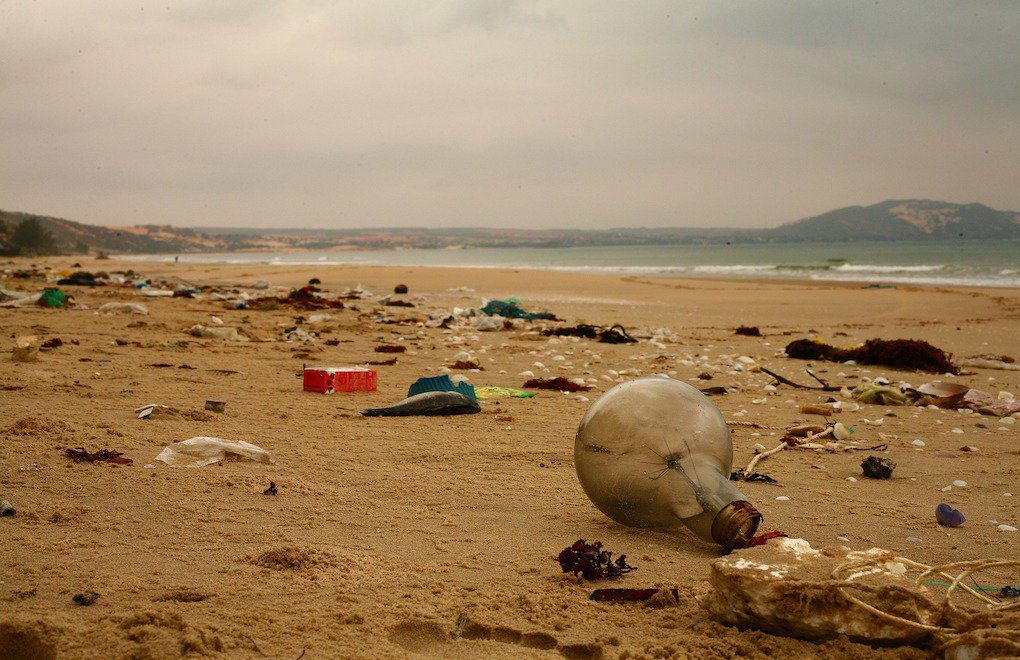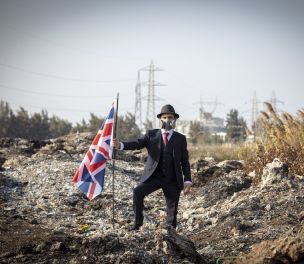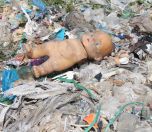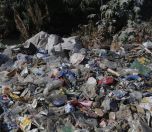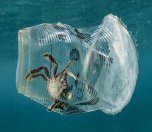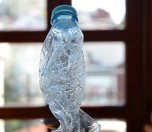Click to read the article in Turkish
Releasing a report on global plastic waste management, INTERPOL has stated that there has been an "alarming increase" in illegal plastic waste trade across the world over the past two years.
The waste is primarily rerouted to Southeast Asia via multiple transit countries to camouflage the origin of shipments, says the report.
Rerouting of the waste has become a prominent trade after China's ban on plastic waste imports and Turkey is one of the countries that European and North American countries diverted their plastic waste exports to, along with Cambodia, India, Malaysia, Vietnam, Pakistan and Thailand, according to the report.
Figures by Eurostat and Greenpeace Mediterranean also show that Turkey's plastic waste imports have been on the rise in the past two years.
CLICK - Four Questions Waiting for Answers on Plastic Waste Import
Other findings of the report include an increase in illegal waste fire and landfills in Europe and Asia and a significant rise in the use of counterfeit documents and fraudulent waste registrations.
"The report points to the link between crime networks and legitimate pollution management businesses which are used as a cover for illegal operations, with criminals often resorting to financial crime and document forgery to carry out their global operations," says the report, noting that illegal activities have been found in 52 of the 257 waste shipment routes analyzed by INTERPOL.
"Difficulties in treating and monitoring the plastic waste surplus have opened doors for opportunistic crime in the plastic waste sector, both in illegal trade and illegal waste treatment," the report further notes.
"Global plastic pollution is one of the most pervasive environmental threats to the planet today, and its correct regulation and management is of critical importance to global environmental security," said the Chairperson of INTERPOL's Environmental Compliance and Enforcement Committee Advisory Board, Calum MacDonald, who is also the Executive Director of the Scottish Environment Protection Agency (SEPA).
"INTERPOL's report pinpoints the urgent need to identify and assess how criminals are exploiting new and preexisting market vulnerabilities, with a call to boost law enforcement action at both export and import level," he added.
WWF Turkey: The increase in imports is caused by raw material needs
World Wildlife Fund (WWF) Turkey Plastic Projects Manager Tolga Yücel said that the only way to combat this crisis is transparency and accountability.
"We call on all world leaders to urgently come together for a comprehensive convention to resolve the plastic pollution in seas," he said.
The reason for Turkey's increasing plastic waste import is that the collected waste in the country cannot meet the raw material needs of recycling facilities, he said, adding that this practice is open to irregularities and unlawful activities.
"Our country took a positive step with the Zero Waste Program, now it has the possibility to take a pioneering role in shaping this global convention," he noted.
With increased controls and a determined fight against plastic pollution, it would be possible to meet the needs of raw material domestically, he added. (TP/VK)
Click for the full report




